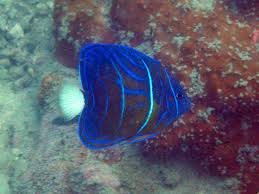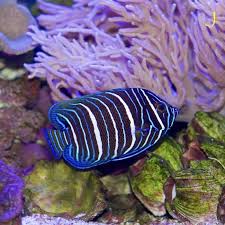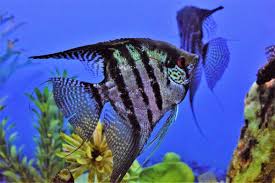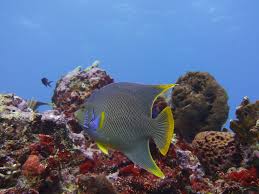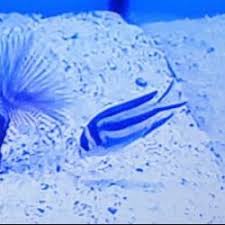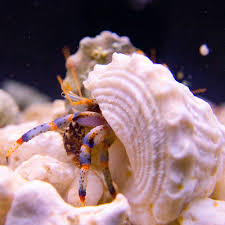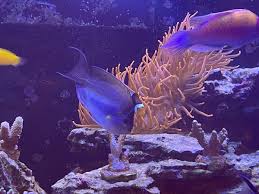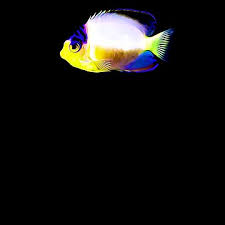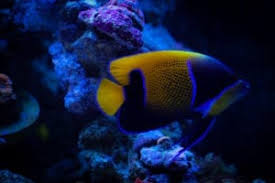Dragons in Modern Cultural and Artistic Programs in China
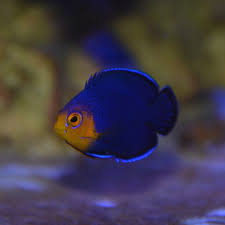
Dragons are one of the most iconic symbols in Chinese culture, representing power, strength, and good fortune. They are deeply embedded in the nation’s history, mythology, and folklore, influencing a broad spectrum of artistic and cultural expressions. In modern China, dragons continue to play a significant role in various cultural and artistic programs. From contemporary art exhibitions to performances and television programs, the dragon remains a beloved symbol of the country’s rich cultural heritage. This article explores the presence and influence of dragons in modern Chinese cultural and artistic programs, focusing on how this ancient symbol is adapted and reinterpreted in the present day.
The Enduring Symbolism of Dragons in Chinese Culture
The dragon in Chinese culture is far from being just a mythical creature. Unlike the fearsome fire-breathing dragon of Western lore, the Chinese dragon is often seen as a benevolent and wise being, linked with natural forces like water, weather, and fertility. Traditionally, the dragon symbolizes imperial power, good fortune, and protection, which is why it has been so widely represented throughout China’s history in art, architecture, and cultural practices.
In modern China, dragons still embody these attributes, but their representation has evolved to align with contemporary values and ideals. They are often seen as symbols of national pride, cultural identity, and global influence. The ongoing presence of dragons in Chinese cultural and artistic programs illustrates their enduring significance in Chinese society.
Dragons in Contemporary Chinese Art
Chinese contemporary artists have long been fascinated by the representation of dragons, and they continue to explore this motif in their work today. Dragons are often depicted in innovative and unconventional ways, blending traditional symbolism with modern techniques and materials. The evolution of dragon imagery in modern Chinese art reflects broader trends in the country’s cultural development and its ongoing relationship with its history and traditions.
One prominent example of dragon imagery in contemporary Chinese art is the work of Xu Bing, an influential Chinese artist known for his exploration of language and cultural identity. Xu Bing’s “Dragonfly Eyes” installation, created in 2017, uses the dragonfly as a metaphor for change and transformation. The dragonfly is often associated with dragons in Chinese symbolism, representing freedom, change, and the cycle of life. In his art, Xu Bing reinvents the dragon’s symbolic meaning, creating a dynamic commentary on China’s rapidly changing cultural landscape.
Another artist, Zhang Huan, incorporates dragon motifs in his large-scale installations, performances, and sculptures. Known for his powerful and often controversial works, Zhang uses the dragon to explore themes of spirituality, history, and the intersection of modernity and tradition. In his 2008 performance “My America,” Zhang Huan painted a dragon on his body as part of an exploration of globalization and cultural exchange, demonstrating the ways in which the dragon remains an enduring symbol of Chinese identity in the context of the modern world.
In addition to these contemporary artists, dragon-themed works can be found in Chinese galleries, museums, and public art spaces across the country. Many of these artworks reinterpret traditional dragon designs using cutting-edge materials such as neon lights, digital media, and sculpture, which gives the symbol of the dragon a modern and dynamic twist. The fusion of traditional dragon imagery with contemporary techniques speaks to the broader shift in Chinese society towards a modern, globalized world that still maintains a deep connection to its past.
Dragons in Chinese Performing Arts
Dragons also play a central role in Chinese performing arts, including dance, theater, and music. In these performances, the dragon is used as a symbol of strength, unity, and prosperity. Dragon dances, in particular, are one of the most popular and visually striking expressions of dragon imagery in modern Chinese culture. The dragon dance is performed at festivals, parades, and major celebrations such as Chinese New Year and the Mid-Autumn Festival. It involves a team of performers manipulating a large, colorful dragon puppet on poles, synchronized to the rhythms of drumming and music.
The dragon dance is believed to bring good fortune and drive away evil spirits, and it remains a key feature of traditional celebrations across China and in Chinese communities worldwide. Although dragon dances have ancient origins, modern interpretations of the dance have become highly elaborate, incorporating modern choreography and technology to create a more dramatic and engaging performance. The use of lighting, sound, and special effects enhances the visual impact of the dragon dance, creating a stunning spectacle that continues to captivate audiences both in China and abroad.
In addition to the dragon dance, the dragon also makes regular appearances in Chinese opera and theater. In Peking Opera, dragons are often featured in costume and set design, particularly in stories about emperors, gods, and mythical heroes. The dragon is portrayed as a divine being that provides protection and guidance to the protagonist, and its presence on stage symbolizes the power of the emperor and the natural forces that shape the destiny of the characters. These performances continue to draw on traditional Chinese themes and iconography while embracing modern stagecraft, technology, and multimedia elements to keep the performances fresh and relevant to contemporary audiences.
Another example is the use of dragons in Chinese music performances. In both traditional Chinese music and modern compositions, dragons are often referenced as symbols of strength, grace, and elegance. The dragon may be used in the title of compositions or as a central theme in the music’s structure. For example, composers have created orchestral pieces inspired by the myth of the dragon, incorporating elements of Chinese traditional music with Western orchestral arrangements to create unique and evocative soundscapes. These works are not only intended to celebrate the cultural significance of the dragon but also to bridge the gap between China’s rich musical heritage and modern global trends.
Dragons in Modern Chinese Television and Cinema
The presence of dragons extends beyond the art world and into the realm of modern media, where they continue to play a significant role in television programs and films. In Chinese cinema, dragons are often depicted as powerful, mystical beings that serve as protectors of the natural world or as symbols of strength and wisdom. The most famous example of dragons in Chinese cinema is the iconic film “Crouching Tiger, Hidden Dragon” (2000), directed by Ang Lee. The film blends martial arts, romance, and fantasy with rich visual storytelling, and the dragon serves as a key symbolic figure throughout the narrative. In the film, the dragon represents the balance between inner strength and restraint, as well as the connection between the earthly and spiritual realms.
In addition to film, Chinese television programs and documentaries often feature dragons as a central theme or as part of a larger cultural exploration. One example is the “Chinese Mythology” documentary series, which delves into the country’s rich mythological traditions, with the dragon appearing as one of the most prominent figures in the story. Through these programs, dragons are presented not only as fantastical creatures but also as symbols of China’s long and storied history.
In modern animated series and films, the portrayal of dragons has evolved significantly. Chinese animation studios have embraced the dragon as a central character, often giving it a more whimsical or human-like personality. For instance, in the animated film “Big Fish & Begonia” (2016), the dragon is depicted as a mystical and emotional creature that plays a crucial role in the plot. These contemporary portrayals of dragons appeal to younger audiences, blending traditional Chinese mythology with modern animation techniques and storytelling styles.
Dragons in Cultural Programs and Festivals
Beyond the performing arts and media, dragons also play a central role in cultural programs and festivals across China. The Dragon Boat Festival, one of the most important traditional festivals in China, is dedicated to the dragon. Held on the fifth day of the fifth month of the lunar calendar, the festival involves dragon boat races, where teams of rowers race in long, narrow boats shaped like dragons. The festival has both historical and cultural significance, commemorating the life of the ancient poet Qu Yuan, and dragons are seen as protectors and symbols of strength during the races. The Dragon Boat Festival continues to be celebrated with vigor today, with both traditional and modern variations of the races taking place in cities across China and in Chinese communities worldwide.
Modern dragon-related cultural programs also include exhibitions, fairs, and international exchanges. In major cities like Beijing, Shanghai, and Hong Kong, dragon-themed cultural exhibitions are organized in museums and cultural centers, showcasing dragon imagery in various forms of art, including traditional crafts, modern paintings, and sculptures. These exhibitions often highlight the importance of the dragon as a symbol of Chinese identity and its role in contemporary global culture.
Conclusion
The dragon’s symbolic power has transcended time, adapting to the changing cultural, artistic, and technological landscape of modern China. From contemporary art exhibitions to performing arts, television programs, and films, dragons continue to play a central role in shaping China’s modern cultural identity. These modern interpretations not only preserve the ancient symbolism of the dragon but also infuse it with new meanings that resonate with today’s audiences. As China continues to embrace its rich cultural heritage while moving forward into the future, the dragon will undoubtedly remain a powerful symbol of the nation’s strength, wisdom, and cultural pride.
